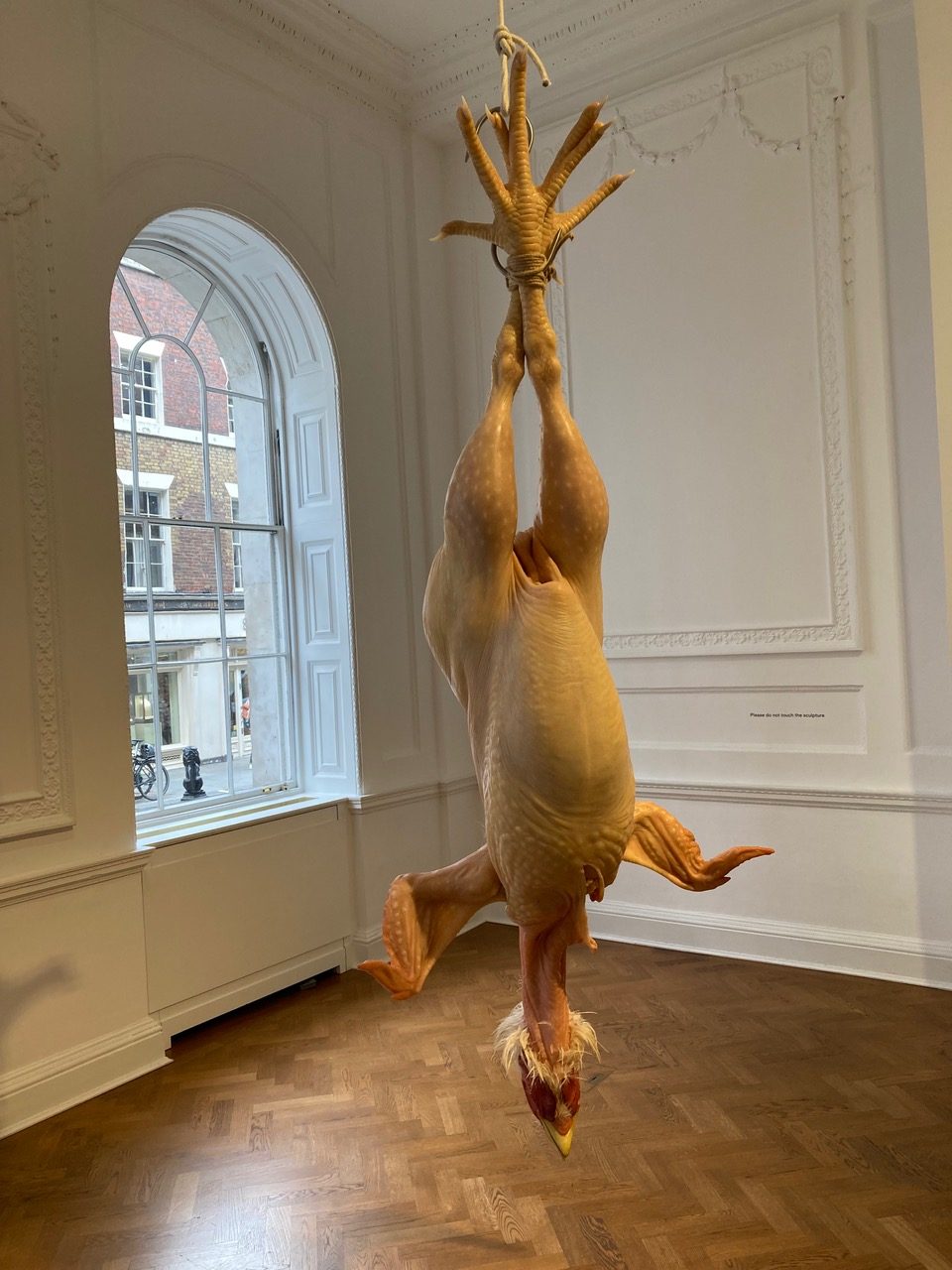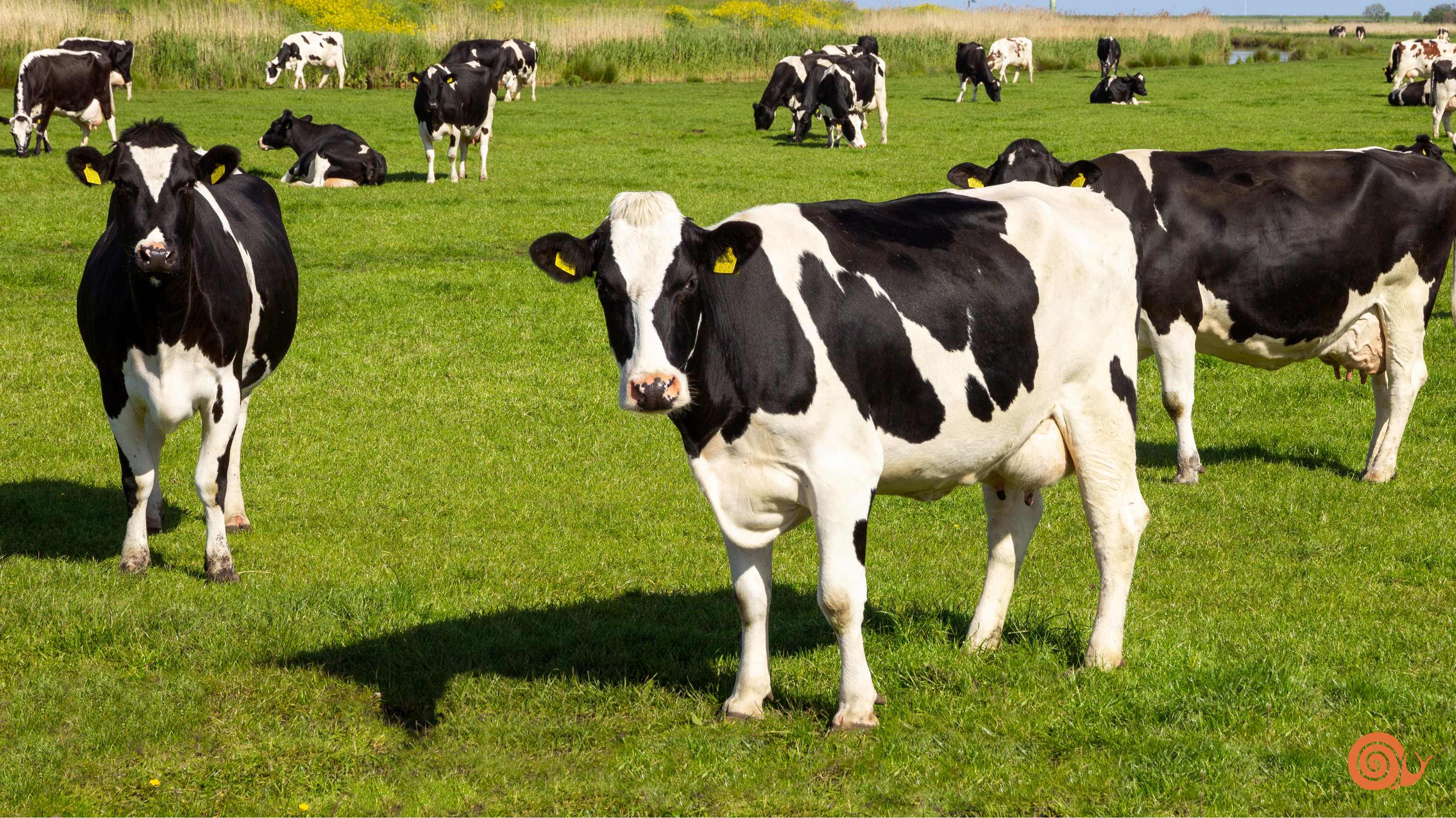[blog-archive-images]
Why our diets soon may get much worse
The UK government has high hopes for a trade deal with the US. Because of Trump’s chaotic tariff policy, the need for a trade agreement is greater than ever before but negotiations often take years. One of the major stumbling blocks usually is agriculture. Things might happen faster if agricultural goods were excluded, but that seems unlikely, given the situation of US farmers, who stand to lose billions through Trump’s tariff policy and the looming trade war with China in particular.
On the menu: chlorinated chicken and hormone beef
GM maize and corn imports won’t be much of a problem. British consumers have not shown much concern for what goes into animal feed. In the EU, labels ascertaining that chicken or dairy products were produced without GMO feed are popular. No such label exists here, according to the FSA (Food Standards Agency), only retail products that contain or consist of GMOs have to be labelled as such. However, British consumers have no appetite for chlorinated chickens and hormone beef. But if a trade deal with the US gets struck, we are likely to find both on our plates soon rather than later. Trump (and successive US ag secretaries) have denounced the unwillingness of Britain and the EU to allow the import of products such as hormone beef as ‘illegal trade barriers’ – which they are not.

An exhibit at Galerie Thaddaeus Ropac : Ely House, London. Photo copyright: @M.Kunz
Animal welfare and buying British
On the BBC’s Radio 4 Farming Today programme, Professor David Main from the Royal Agricultural University recently explained the difference in animal welfare standards between the US and the UK. In the UK, some standards are laid down by law, others are defined through assurance schemes such as Red Tractor, and supermarkets may promote their own schemes depending on customer demand. Assurance schemes are usually independently verified on an annual schedule.
The US have no federal animal welfare legislation, says Main, though there are individual States such as California that may have very progressive standards enshrined in law. Egg laying hens in California for example have to be kept cage free, and pork sold in the state must come from pigs that had at least 2.3m2 living space throughout their lives. Both regulations are in place for now, but both are contested in court by agricultural organisations, who claim farmers are burdened with unnecessary costs.
Low production standards raise the probability of health risks, and in the US that risk is dealt with at the end of the process, says Main – for example with a chlorine wash.
Not every US chicken will have had a chlorine bath, nor will all beef be full of hormones, but there is no way of knowing what’s what.
Farmers paying the price
Neither US practice will be allowed in the UK. Farmers here will continue to adhere to high animal welfare standards and pay the price: it costs money to provide adequate space for pigs and chickens, wean piglets later in order to minimise the need for antibiotics, and not supercharge muscle growth in beef cattle by feeding them hormones. If a trade deal between the US and the UK is reached, UK farmers are likely to be at a disadvantage. During a cost of living crisis many customers have little choice but to opt for the cheapest products even if it’s made with chlorine chicken or hormone beef.
How to burn your toast and eat it
While a trade deal may never happen, another threat to our food is likely to materialise as early as this autumn when the regulations for growing gene edited plants for commercial food production will take the final parliamentary hurdle. A quick recap: in 2023 parliament passed the Precision Breeding Act which allows the use of gene editing techniques on plants and animals. Wheat altered so that it does not produce the potentially carcinogenic compound acrylamide is already being grown in field trials. Once the proposed regulations have been passed, food manufacturers can start working on bread that you can still safely eat even if you burnt it under the grill.
GMO backdoor opening
If the regulations pass in the current form which they almost certainly will, food producers can ‘self-certify’, over 90% of gene edited products will get to market without oversight. There will be no transparency and no liability because gene edited foods will not have to be labelled as such. Consumers who want to avoid them will have to consult various government data bases and may still be none the wiser.
The only beneficiaries will be biotech companies in the ‘golden triangle’ between Cambridge, Oxford and London. The government grants them huge financial support in the hope that they will produce new pharmaceuticals, medical therapies and ‘precision bred’ crops and thus create jobs and revenue.
While biotech companies are welcome to apply for generous R&D grants, farmers face subsidy cuts, the closure of the SFI scheme until at least 2026, and a newly introduced inheritance tax.
Buying healthy, British grown and produced, non-GM food might soon get a lot harder.
Marianne Landzettel is a journalist writing and blogging about food, farming and agricultural policies in the UK, the US, continental Europe and South Asia. She worked for the BBC World Service and German Public Radio for close to 30 years. Follow her on X at @M_Landzettel and m.landzettel on Instagram




